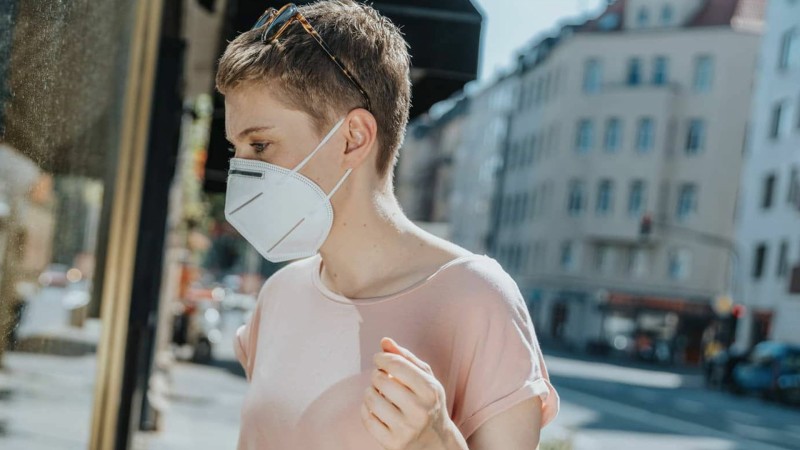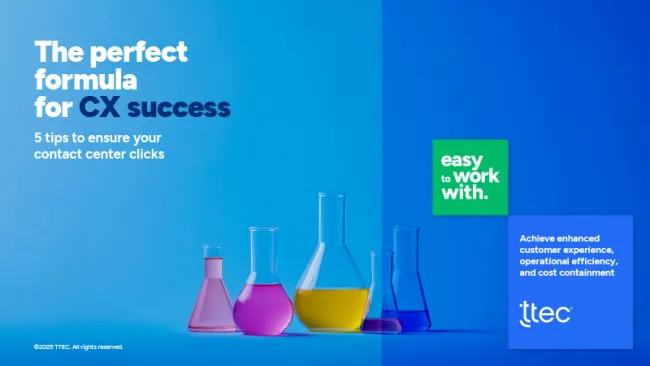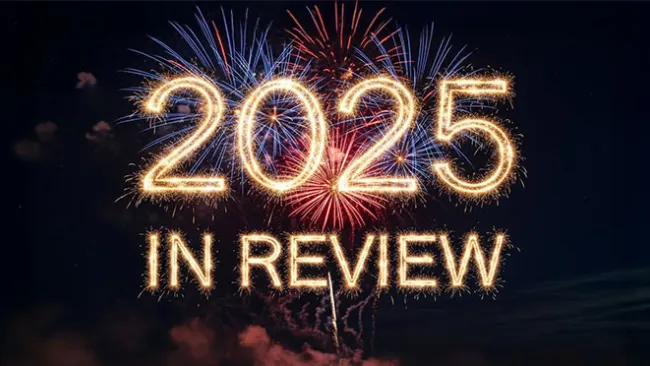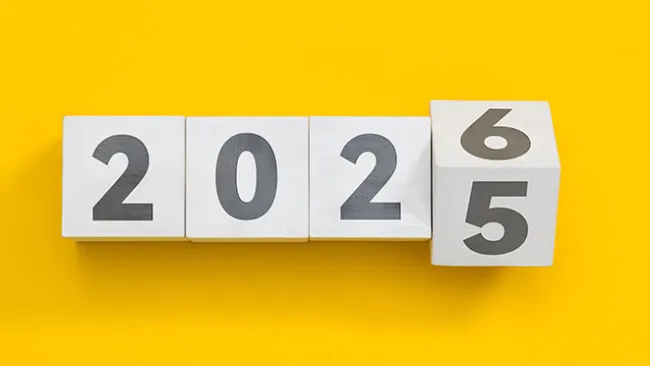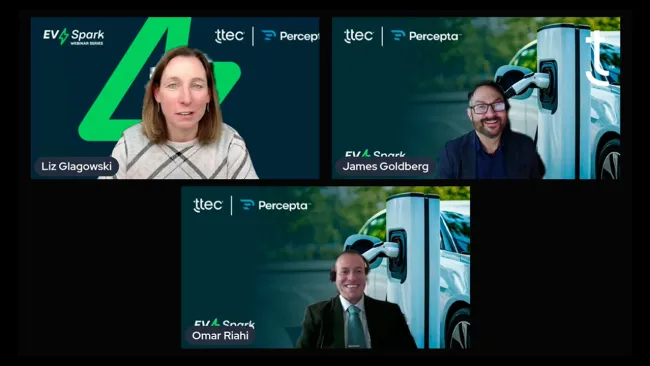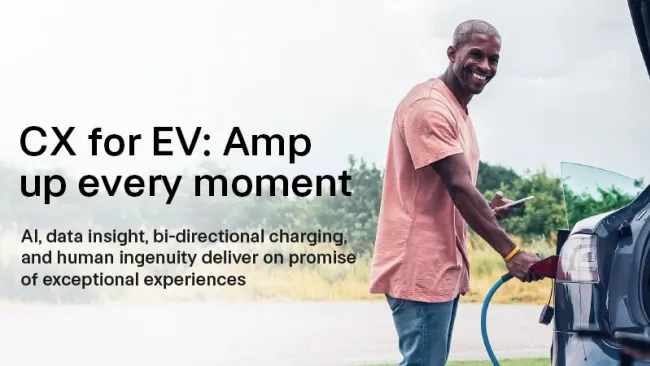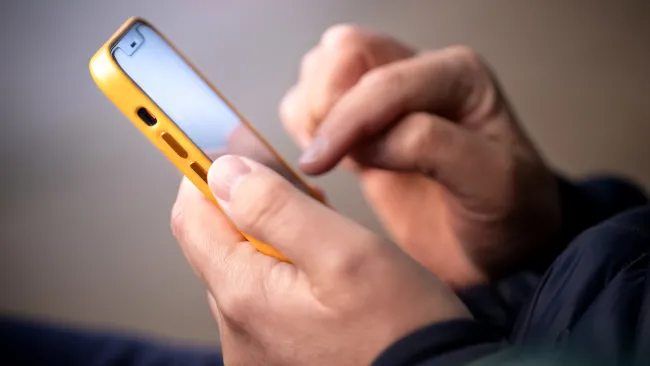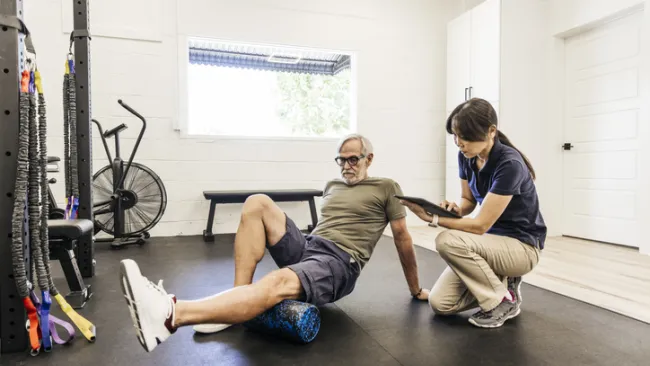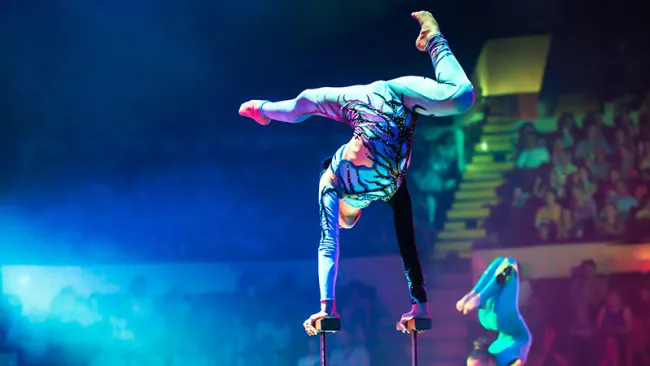Over the past few months, conventional notions of what drives brand loyalty have been upended by new consumer expectations and needs. Robert Passikoff, founder and president of the research consultancy Brand Keys, offers insight into the new loyalty paradigm, including surprising results from his firm’s latest Loyalty Leaders survey.
Key takeaways:
- The decision process for consumers has become more emotional than rational.
- Consumer expectations in a category generally move about 20 times faster than a brand’s ability to keep up with expectations.
- Brands shouldn't confuse the ability to reach consumers with the fact that they also have to engage them.
Transcript:
Judith Aquino: Hello, welcome to the CX Pod, I'm Judith Aquino. On today's episode, we'll be talking about the state of brand loyalty. As a result of the COVID-19 pandemic, factors such as convenience, digital capability, safety, and value all affected brand loyalty in ways companies haven't seen before, so where do brands stand today when it comes to loyalty, and what can companies do to stay ahead? Here to discuss this topic, and his company's latest Loyalty Leaders list, is Robert Passikoff, founder and president of the research consultancy Brand Keys. Welcome to the show, Robert.
Robert Passikoff: Thanks so much, a pleasure to be here.
JA: Let's start by talking about the Loyalty Leaders survey. So, I see here it was conducted between August and September of this year, it includes over 53,000 assessments from U.S. consumers, of more than 1,200 brands. So what did you find particularly notable about the results?
RP: Well, it was what didn't show up that was most surprising. Annually, we've done this now for 24 years, we see new brands show up within the top 100 Loyalty Leaders. This year, we had the fewest new brands that we've seen since we've been conducting the survey.
JA: And what do you think spurred that?
RP: I think the COVID pandemic brought a lot to the top in terms of what consumers really expect. I mean, if you look at some of the other surveys that were conducted over the past eight or nine months, many of them indicated that people eschewed loyalty, they went and tried new brands, which was a fallacy of sorts. People did try new brands, but only out of need, not out of a lack of loyalty.
JA: And so would that suggest that we're going back to pre-COVID brand loyalty?
RP: Well, I think that what's happened as we've adapted to the pandemic and the marketplace, brands are adapting as well. Part of it is actually just kind of brand history. Brands that resonate with people are brands that stand for something. Jack Trout talked about that when he invented positioning years ago, and brands have kind of forgotten that the experience that people have with brands is far more emotional than it is rational these days, and even though lots of brands are well-known, they're not particularly known for anything that matters to the consumer, beyond primacy of product, I guess.
JA: Yeah, it was interesting looking at some of these findings, where some of the brands that saw the greatest losses in customer loyalty included customer leaders, like Costco and USAA, where I'm wondering what does that mean then for customer experience and consumer appetite for brands?
RP: I'm sorry, you're exactly right in saying that something is going on, and we used to say... There was kind of an acid test, which was, "Tell me what the brand means to you?" I mean, if you couldn't do that, if you were talking to me about anything outside of the category in which it competed, or you were using words that you could use for almost any other brand or category, that says a lot about what the brand means to people. We know that over the past decade, the decision process for consumers has become more emotional than rational.
Primacy of product is there, we went through that 30 years ago with the satisfaction movement and the IS0 9000 movements, and pretty much anything that you buy isn't going to disappoint you as regards what it was created to do, but what it means to you is something that's vastly, vastly different, and the brands themselves have imbued themselves with emotional values that meet these expectations that people hold, and fulfill... They become the surrogates for values that people miss, and if you look at the... If you look at the top three or four brands that showed up, it's not just that they're big, it's that they're doing things right in terms of how they present themselves as a brand.
JA: Right, and did you also dig into what some of the new brands that entered the top 100 list were doing? Some of them, it would make sense, like TikTok of course, everyone is home and looking at their phones, but I'm curious if... Was Levi Strauss, Red Bull…did they just happen to be at the right place at the right time, or were they doing something that really resonated with consumers?
RP: I think it's a combination of the two. You certainly can't discount the timing of this over the past couple years, with folks having to deal with the pandemic marketplace, but I think that they were responding to values that people were looking for. Red Bull is in fact the market leader, and loyalty is a leading indicator of... In terms of how people are going to behave toward a brand, and so I think that the people looking for a boost, looking to, if I may quote the brand itself, "Have wings," it was something that... It was something that was given to them via purchase of the brand.
I think that Levi Strauss has shown up, and has been building up over the past few years, has been moving up the list. They were very high on another survey that we did, which was the Most Patriotic Brands survey that we do, and I think that that becomes a response to when people look around and the government isn't necessarily responding to your needs, certain values that brands bring along with them do, and I think Levi Strauss benefited from that.
JA: And in terms of predicting what consumers would respond to, what do you find works these days? What types of predictive analytics or metrics should brands be paying attention to?
RP: Well, the metrics that brands absolutely need to spend time looking at has to do with consumer expectations. It's almost a ridiculous statement to say consumers expect more all the time, but the fact is, is that if you track it the way we do, what we see is that usually expectations in a category move generally about 20 times faster than brands are able to keep up. The gap between what people truly desire and what brands are able to deliver, that gap is an opportunity for a brand to take ownership of a particular value that people are desperately looking for.
JA: So it sounds like really knowing your customer and knowing how to personalize these experiences at scale are becoming more of a differentiator than ever?
RP: Yes, you're absolutely right. I mean, customization and personalization is something that has been with us for, oh, reasonably 20 years, but people have just talked about it, and haven't really acted upon it in ways that are going to create the kind of emotional engagement that loyalty ultimately comes from.
JA: In terms of emotional engagement, have the criteria for what really resonates with consumers, has that changed over the last 18 months or so?
RP: I think dramatically. I mean, part of it is a matter of, as I said, the brand acting as a surrogate for values that people seek. You look at the number-one brand in this year's Loyalty Leaders list, and it's Amazon, and you can kind of just nod your head and go, "Well yeah, it's Amazon, and they're big and they're ubiquitous," but the fact is, is that there are many, many other online retailers that are out there.
If you really parse the needs portion of what consumers were looking for, it was kind of that immediate gratification, and Amazon has taken that upon itself and kind of owns that. They've built a process into the brand where if you're willing to leave your apartment, there's probably some place to pick up exactly what you want a few blocks away, and if you don't want to leave your apartment, it'll show up the next day. Not everyone can deliver against that.
JA: So in other words, are you saying that brands that were already leaders really just accelerated, and there's an even larger gap now between the laggards and the leaders?
RP: I think that's right, I think they... I think also what you're looking at in terms of the ones who are the leaders and were leaders, they ended up supercharging the values that people essentially emotionally bonded to. I mean, look at someone like Apple, I mean, there are lots of smartphones, including Apple's, that have just become more and more sophisticated cameras, as far as we can tell, but consumers look at Apple and what they see to them emotionally is that these are the guys that allow connection, and certainly during the pandemic, that's what people were looking for.
You see it in every one of the major brands that ended up at the top of the list, and you can go through the list and you can parse out those values. But you take a look at someone like Netflix, and yes, there are many streaming services, but Netflix essentially took the value of diversion and owned it for themselves, and consumers recognize them for that.
JA: So what does that leave for the new entrants to the brand loyalty list? I mean, did the window close for them to raise, or to rise even higher on the list?
RP: It makes it very, very tough, and to a certain degree... To a certain degree over the past, oh, I don't know, 40 years, even 50 years, the entire paradigm of loyalty and customer engagement has really changed. Sure, people have options, and people are going to try new things, but the issue of expectations, the issue of what a brand stands for, the issue of how a brand makes you feel on an entirely unarticulated and emotional basis, is ultimately going to be the secret, I think, over the next decade for brands that really want to succeed, and when I say "Succeed," I don't mean just doing well on our list, I mean that they end up on consumers' shopping lists.
JA: And what are you watching for then for... I know you mentioned this could take…this development could come over a number of years, but say for the... For next year's list, do you think there'll be much of a difference from 2021?
RP: I think that we're going to see the people who end up in the top 10 maybe shifting off in terms of positions, but I don't see them falling out of a reasonable ranking where they are. We do see that as brands are able to take on new responsibilities regarding consumer expectations and values, that they are able to move up the list.
And I would just say from a math perspective, if I may, we look at the top 100, and what that represents is about seven and a half percent of the brands that we look at, so there are a whole lot of brands within the consideration sets that have the opportunity to be able to do something. I think a lot of them, a lot of them are going to stay toward the bottom of the list. I think a lot of them fall out of the top 100, and part of that is just the market conditions. Retail couldn't do anything about the fact that the world was closing down, but in a return-to-normal marketplace, it's going to become tougher and tougher for brands to be able to engage and maintain loyalty and ownership of the values that guarantee loyalty.
JA: Right. So to recap, it sounds like there are numerous factors that are out of a brand's control, but customer engagement matters, customer expectations, data insights, all of those seem key to improving your brand loyalty. Is there anything else that you would add?
RP: No, I think that covers it. I mean, the only thing just that brands need to do... They need to involve their consumers in their process. I know that everyone says they're consumer-oriented and they're looking at the world through consumer lenses. Oftentimes, brands get very confused as to what precisely consumers really, really want, what they desire, and I think that sometimes that has to do with the fact that the world has become a more complex, yet easier place to do outreach, and brands shouldn't confuse the ability to reach consumers with the fact that they also have to engage them.
JA: So don't lose sight of your core values?
RP: Absolutely.
JA: Great, well Robert, thank you so much for speaking with me, I really appreciate the insights that you shared.
RP: Thanks so much, my pleasure.
